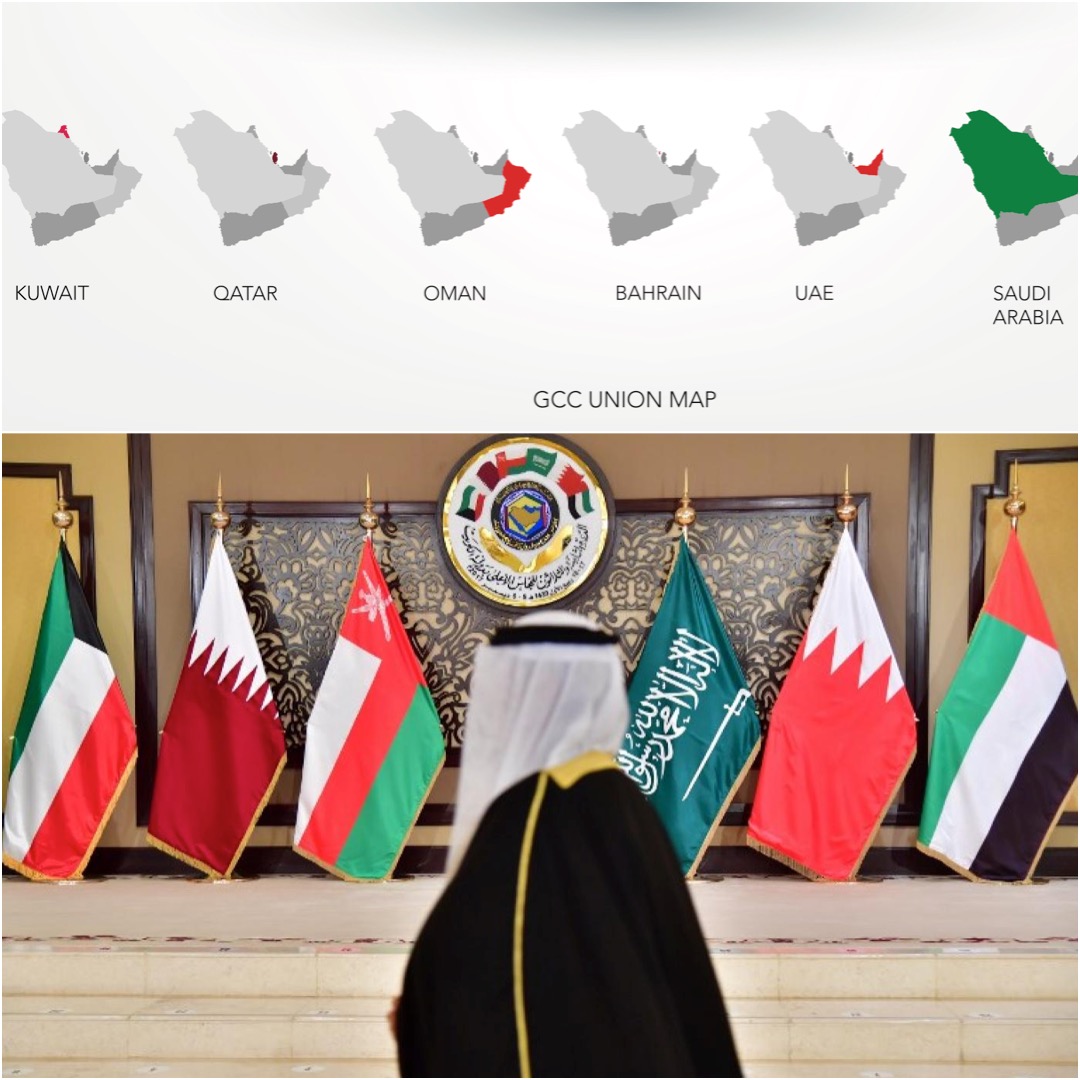Gulf Cooperation Council

Gulf Cooperation Council (GCC), political and economic alliance of six Middle Eastern countries—Saudi Arabia, Kuwait, the United Arab Emirates, Qatar, Bahrain, and Oman. The GCC was established in Riyadh, Saudi Arabia, in May 1981. The purpose of the GCC is to achieve unity among its members based on their common objectives and similar political and cultural identities, which are rooted in Arab and Islamic cultures. Presidency of the council rotates annually.
Arguably the most important article of the GCC charter is Article 4, which states that the alliance was formed to strengthen relations among its member countries and to promote cooperation among the countries’ citizens. The GCC also has a defense planning council that coordinates military cooperation between member countries. The highest decision-making entity of the GCC is the Supreme Council, which meets on an annual basis and consists of GCC heads of state. Decisions of the Supreme Council are adopted by unanimous approval. The Ministerial Council, made up of foreign ministers or other government officials, meets every three months to implement the decisions of the Supreme Council and to propose new policy. The administrative arm of the alliance is the office of the Secretariat-General, which monitors policy implementation and arranges meetings.
The GCC is the most dense concentration of financial entities, banks, funds, and investors which specialize in islamic finance and Sharia compliant banking transactions. The world has embraced Sharia financial products and top economists and financial forecasters expect the GCC region to lead the world in islamic finance.